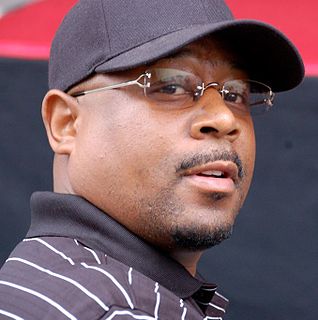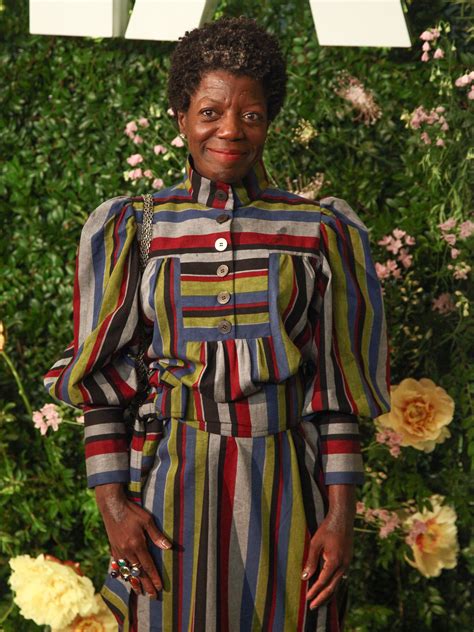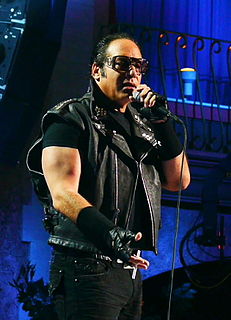A Quote by Stephen Marche
Men talk about masculinity through sports and clothes. They don't talk about gender, they talk about LeBron James and whether it's okay to wear lipstick and eyeliner. They're not getting to the question at hand, which is, "What does it mean to be a man when the traditional values of masculinity are eroding incredibly rapidly?'
Related Quotes
Whether you talk about the olive oil, whether you talk about Aceto Balsamico, whether you talk about Grana Padano, whether you talk about Mozzarella di Bufala. These are all traditional Italian products that are hard to beat, and they're easy to transport and buy. You don't have to do much around it. Just eat them.
On the contrary, it's because somebody knows something about it that we can't talk about physics . It's the things that nobody knows anything about that we can discuss. We can talk about the weather; we can talk about social problems; we can talk about psychology; we can talk about international finance gold transfers we can't talk about, because those are understood so it's the subject that nobody knows anything about that we can all talk about!
It's botherin' me, man. You know, you can't say this, you can't say that, I'm like, well, how am I gonna talk about the world? You know? I mean I need to talk about something to you all, can I - can I do it? Can I talk to y'all? I mean, I hope the kids are in bed, you know, because I got to talk, y'all.
I talk about things in music that I would never talk about with my best friends, which I think seems like a weird thing, but my justification in my head as to why it's okay is because it's cryptic enough and there's enough meat around it to make it all okay and no one can really prove what any of the songs mean.
I belong to a bowling team with black and Latino coworkers. And when we get together and we talk about politics - I'm almost quoting him - he said, we don't talk about Black Lives Matters. We talk about what matters to our families. We talk about jobs, and we talk about the fate of the country. That is America, and you can reach those people.
Most of us have felt barriers between ourselves and our fathers and had thought that going it alone was part of what it meant to be a man. We tried to get close to our children when we became fathers, and yet the business of practicing masculinity kept getting in the way. We men have begun to talk about that.
You can talk about things indirectly, but if you want to talk how people really talk, you have to talk R-rated. I mean I've got three incredibly intelligent daughters, but when you get mad, you get mad and you talk like people talk. When a normal 17-year-old girl storms out of the house or 15-year-old boy is mad at his mom or dad, they're not talking the way people talk on TV. Unless it's cable.







































